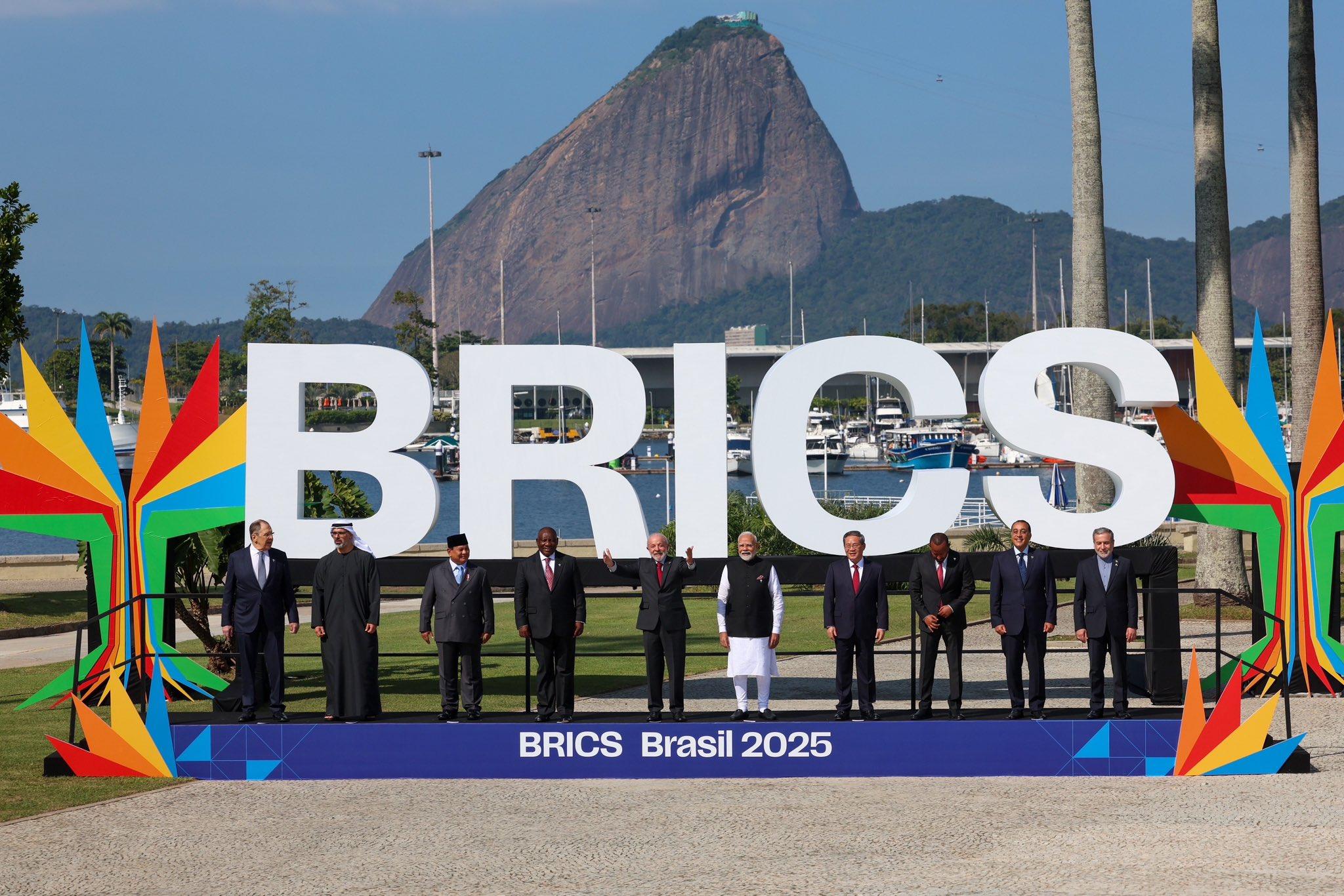
At the recently concluded 17th BRICS Summit held in Brazil, a clear and unified voice emerged against terrorism. While the final joint statement did not name Pakistan explicitly, the strong language used and the firm commitment shown by BRICS countries against terrorism in all its forms made it clear that the message was directed towards nations that harbor, finance, or support terrorism—Pakistan being a prime example.
The joint statement strongly condemned the terrorist attack that took place on April 22 in Pahalgam, Jammu and Kashmir. The attack claimed the lives of 26 individuals and left many others injured. BRICS nations described the incident as a crime against humanity and reiterated that terrorism in any form is unacceptable. The declaration emphasized the collective resolve to combat cross-border terrorism, the movement of terrorists across borders, terror financing, and the provision of safe havens for terrorists.
The statement also underlined that terrorism should never be associated with any religion, nationality, civilization, or ethnic group. It asserted that those involved in terrorist activities, along with their supporters, must be held accountable and brought to justice in accordance with applicable national and international laws. BRICS members rejected double standards when it comes to counter-terrorism and urged for zero tolerance towards terrorism.
Prime Minister Narendra Modi also addressed the summit and reiterated India’s firm stand against terrorism. Without directly naming China or Pakistan, his message clearly alluded to both nations. PM Modi reaffirmed India’s commitment to peace and harmony, while making a powerful appeal for united global action against terrorism. He labeled terrorism as one of the most serious threats to humanity and condemned the Pahalgam attack as an inhumane and cowardly act.
He added that the attack was not only an assault on India’s soul, identity, and dignity but also an attack on humanity as a whole. PM Modi stressed that there should be no hesitation in imposing sanctions against terrorists and questioned the global community’s seriousness in fighting terrorism if political and personal interests continue to influence counter-terrorism efforts. He further asserted that there can be no difference between victims and supporters of terrorism and that offering justification or support for terrorism in any form is unacceptable.
PM Modi called for consistency in words and actions when it comes to tackling terrorism. He posed a vital question—if the world is truly serious about fighting terrorism, then why is there a gap between commitment and implementation?
India’s long-standing zero tolerance policy towards terrorism is now being acknowledged and backed by BRICS countries. The joint statement and the broad support extended to India at the summit mark a diplomatic setback for Pakistan. The increasing international isolation of Pakistan due to its support for terrorism is becoming more visible, and if the trend continues, the costs could become even more severe for the country.
This unified stance by BRICS sends a loud and clear message that global patience with state-sponsored terrorism is wearing thin. The global fight against terrorism is not just a regional issue anymore; it is a fight to protect humanity, values, and peace across borders.
Disclaimer:
This article is based on public reports and official statements from the BRICS Summit. The views expressed reflect the official communications and public stances of world leaders and do not represent any personal or political bias.




